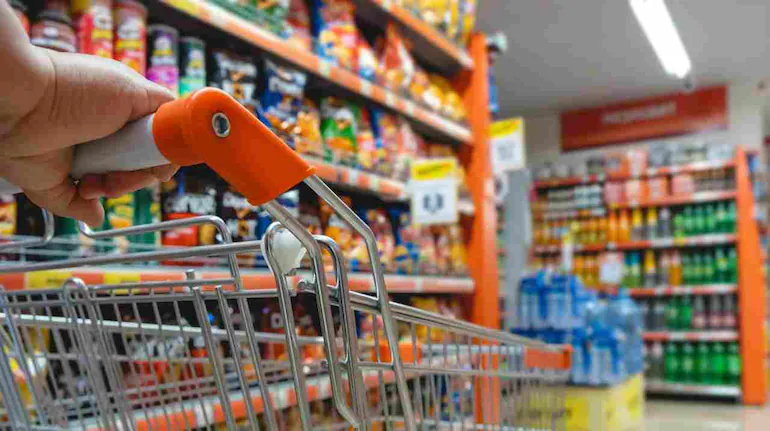The FMCG (Fast-Moving Consumer Goods) sector is known for its resilience in the face of economic fluctuations. However, a recent report by BNP Paribas highlights the potential impact of El Niño on the sector’s demand. While the phenomenon may pose challenges for the FMCG industry, there is optimism that volume and margin levels will remain stable. In this article, we delve into the key findings of the report and explore the potential implications for the FMCG sector.

El Niño Presents a Risk for FMCG Sector Demand
El Niño, a climatic phenomenon characterized by the warming of the Pacific Ocean’s surface waters, has the potential to disrupt weather patterns globally. BNP Paribas suggests that the adverse effects of El Niño on agriculture and water availability could impact the demand for FMCG products. The increased frequency of extreme weather events such as droughts, floods, and storms may disrupt supply chains and result in volatility in commodity prices.
Challenges and Opportunities for FMCG Companies
- Raw Material Sourcing: The FMCG sector heavily relies on agricultural commodities, including grains, oils, and various other inputs. If El Niño disrupts crop yields and quality, FMCG companies may face challenges in sourcing these essential raw materials. Price fluctuations and supply chain disruptions could impact profit margins.
- Product Demand: Changes in weather patterns caused by El Niño may lead to shifts in consumer preferences and behavior. For example, prolonged periods of drought may reduce the demand for certain beverage categories, such as carbonated drinks, while increasing demand for bottled water. FMCG companies will need to adapt their product portfolios to cater to changing consumer needs.
- Geographical Variation: El Niño’s impact is not uniform across regions. Some areas may experience more severe weather conditions than others. FMCG companies operating in multiple regions will need to monitor and manage their supply chains effectively to mitigate the risks associated with geographical variation.
- Innovation and Sustainability: The FMCG sector has increasingly been focusing on sustainability and eco-friendly practices. The challenges posed by El Niño can serve as a catalyst for further innovation in this direction. FMCG companies can invest in technologies and practices that reduce their environmental footprint and build resilience in their supply chains.
Stability in Volume and Margin Levels
Despite the potential challenges, BNP Paribas expects volume and margin levels in the FMCG sector to remain relatively steady. The ability of FMCG companies to adapt and diversify their product offerings, along with their agility in managing supply chains, will play a crucial role in maintaining stability.
FMCG companies have historically demonstrated their resilience in the face of various disruptions. The sector’s ability to quickly respond to changing consumer demands, leverage technological advancements, and implement efficient cost management strategies provides a strong foundation for weathering the impacts of El Niño.
Conclusion
While El Niño presents a risk to FMCG sector demand due to its potential impact on agriculture and water availability, the FMCG industry is poised to withstand these challenges. FMCG companies that proactively address the risks associated with El Niño by diversifying their supply chains, adapting their product portfolios, and prioritizing sustainability are likely to emerge stronger. By embracing innovation and leveraging their inherent agility, the FMCG sector can navigate the effects of El Niño and continue to meet consumer demands with stability in volume and margin levels.
